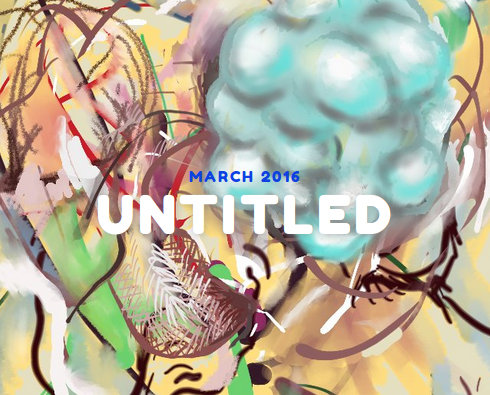As the appalling possibility of another Clinton presidency looms into view, several writers have taken revisionist turns on Trump. None of Matt Taibbi, Thomas Frank, or Paul Street (in Counterpunch) are apologizing for the candidate's naked racism but all have noted the economic populism in his campaign. According to Taibbi, Trump talks more forthrightly on trade issues than the bought politicians:
[Trump's] pitch is: He's rich, he won't owe anyone anything upon election, and therefore he won't do what both Democratic and Republican politicians unfailingly do upon taking office, i.e., approve rotten/regressive policies that screw ordinary people.
He talks, for instance, about the anti-trust exemption enjoyed by insurance companies, an atrocity dating back more than half a century, to the McCarran-Ferguson Act of 1945. This law, sponsored by one of the most notorious legislators in our history (Nevada Sen. Pat McCarran was thought to be the inspiration for the corrupt Sen. Pat Geary in The Godfather II), allows insurance companies to share information and collude to divvy up markets.
Neither the Republicans nor the Democrats made a serious effort to overturn this indefensible loophole during the debate over the Affordable Care Act.
Trump pounds home this theme in his speeches, explaining things from his perspective as an employer. "The insurance companies," he says, "they'd rather have monopolies in each state than hundreds of companies going all over the place bidding ... It's so hard for me to make deals ... because I can't get bids."
He goes on to explain that prices would go down if the state-by-state insurance fiefdoms were eliminated, but that's impossible because of the influence of the industry. "I'm the only one that's self-funding ... Everyone else is taking money from, I call them the bloodsuckers."
Trump isn't lying about any of this. Nor is he lying when he mentions that the big-pharma companies have such a stranglehold on both parties that they've managed to get the federal government to bar itself from negotiating Medicare prescription-drug prices in bulk.
"I don't know what the reason is – I do know what the reason is, but I don't know how they can sell it," he says. "We're not allowed to negotiate drug prices. We pay $300 billion more than if we negotiated the price."

